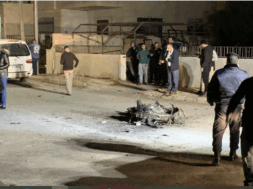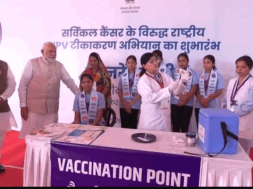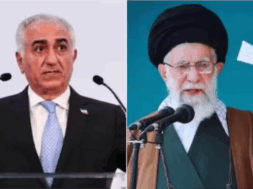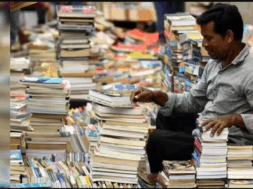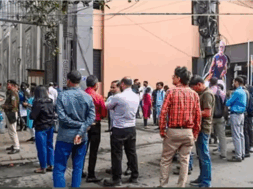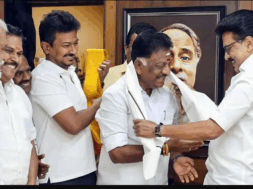
Indian, Pakistani Students in Kyrgyzstan Republic Advised to Stay Indoors
NEW DELHI, May 18: The Embassy of India in the central Asian republic of Kyrgyzstan has advised Indian students to stay indoors amidst reports of mob attacks against foreign students, particularly from Pakistan.
“We are in touch with our students. The situation is presently calm but students are advised to stay indoors for the moment and get in touch with the Embassy in case of any issue,” the Indian embassy announced on X on Saturday.
“From the moment information about the incident was received, law enforcement agencies of the Kyrgyz Republic took prompt measures to detain persons involved in the event, both foreign citizens and citizens of the Kyrgyz Republic,” the Indian consulate said in a post on X. “The situation was completely under the control of the security forces. The safety of citizens and public order was ensured,” it added.
Foreign Affairs Minister S Jaishankar advised all Indian students in Kyrgyzstan capital to stay in regular touch with the embassy. Pakistan also on Saturday issued a warning to its students in Kyrgyzstan after several incidents of violence against Pakistani students.
The advisory from the Indian embassy followed dozens of messages from social media handles purportedly belonging to Indian students in capital Bishkek who urged the Indian authorities to assist them. It is understood that the frenzied attacks are fuelled by social media rumours which started after a skirmish between local Kyrgyz residents and foreign students in one of the hostels for foreign students.
Kyrgyz police said they had mobilised forces in the Central Asian nation’s capital to quell the violence, in which hundreds of Kyrgyz men attacked hostels housing Indian, Pakistani, and Bangladeshi students.
Police in riot gear were deployed as large crowds gathered in anger over an alleged fight between local and foreign people, media reports said. Videos on social media showed the mob breaking doors and beating international students.
Pakistan said it had set up emergency hotlines for those affected by the violence. Pakistani Prime Minister Shehbaz Sharif in a statement expressed concern over the incident, saying Islamabad would fly back any of Pakistani citizens who wanted to leave the country immediately.
Posts on social media claimed that 3 Pakistani students have been killed and several women are being raped, but the government denied any such reports. “Despite social media posts about alleged death and rape of Pakistani students, so far, we have not received any confirmed report,” Pakistan Consulate said in a statement.
According to local media, tensions escalated after videos of a fight between Kyrgyz students and foreign students, namely Pakistanis and Egyptians, went viral on social media. The brawl, which occurred on May 13, was seen by locals as a blatant violation of the hospitality accorded to the foreign students.
Several Kyrgyz personnel took to the streets on Friday night alleging ‘lenient treatment’ by officials against the foreigners involved in the fight. Police though have said they detained three students as soon as they received reports of the May 13 fight. The violent mobs started targeting medical university hostels where international students from India, Pakistan, and Bangladesh put up.
The number of Indian students in Kyrgyzstan is estimated to be around 15,000. It was not immediately known how many of them are in Bishkek. The country, along with Russia, Ukraine, and Bangladesh, is a popular destination among Indian students looking to pursue an MBBS.
The affordability and quality of medical education promised at Kyrgyzstan universities are what attract Indian medical aspirants and other international students. Also, degrees provided by colleges in the country are internationally recognised and also by the World Health Organisation (WHO).
According to a recent advisory issued by the Centre, Kyrgyzstan is safe, secure, and friendly, especially towards Indian nationals. There is a great deal of goodwill for India, the statement said.
(Manas Dasgupta)

